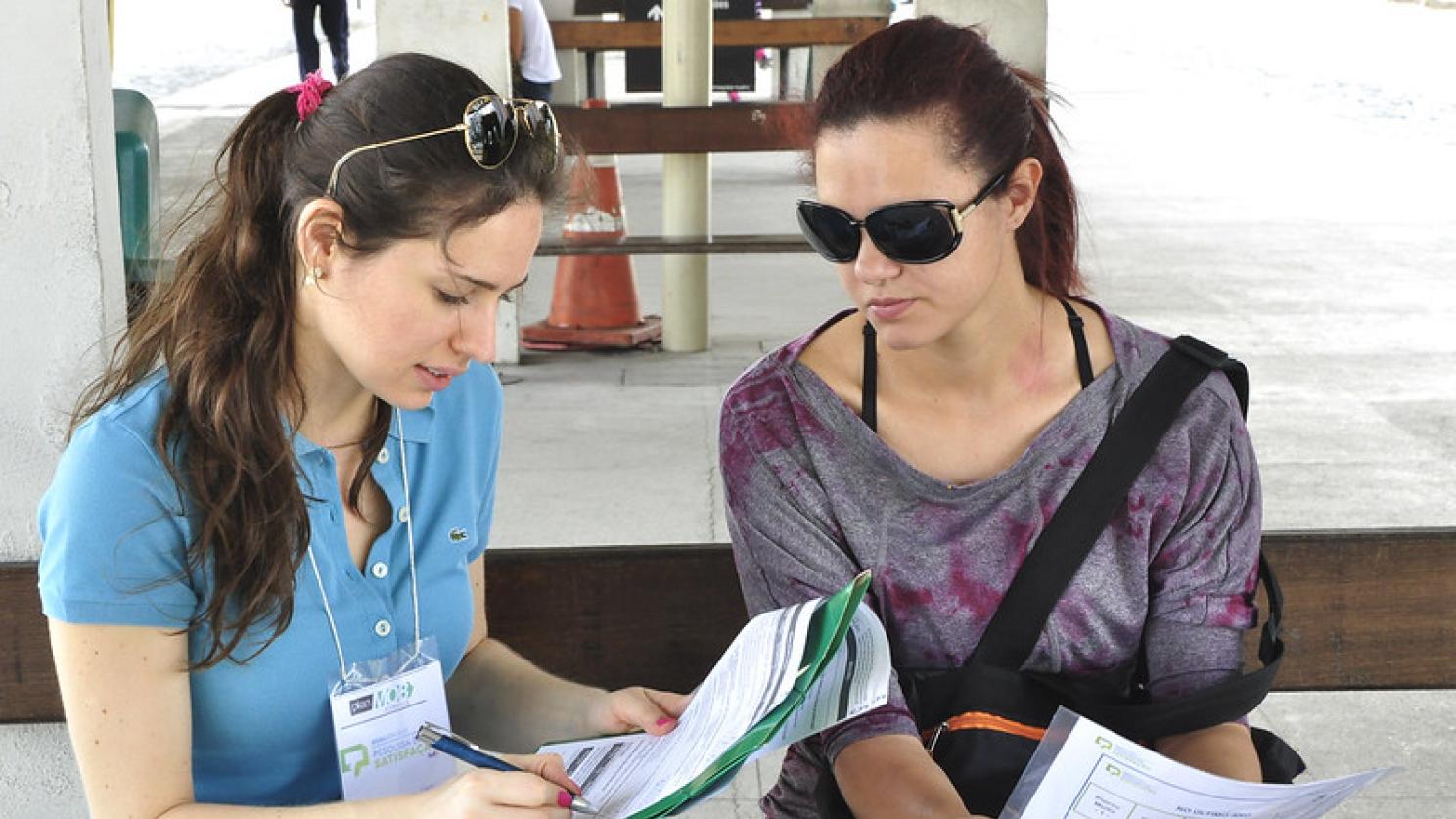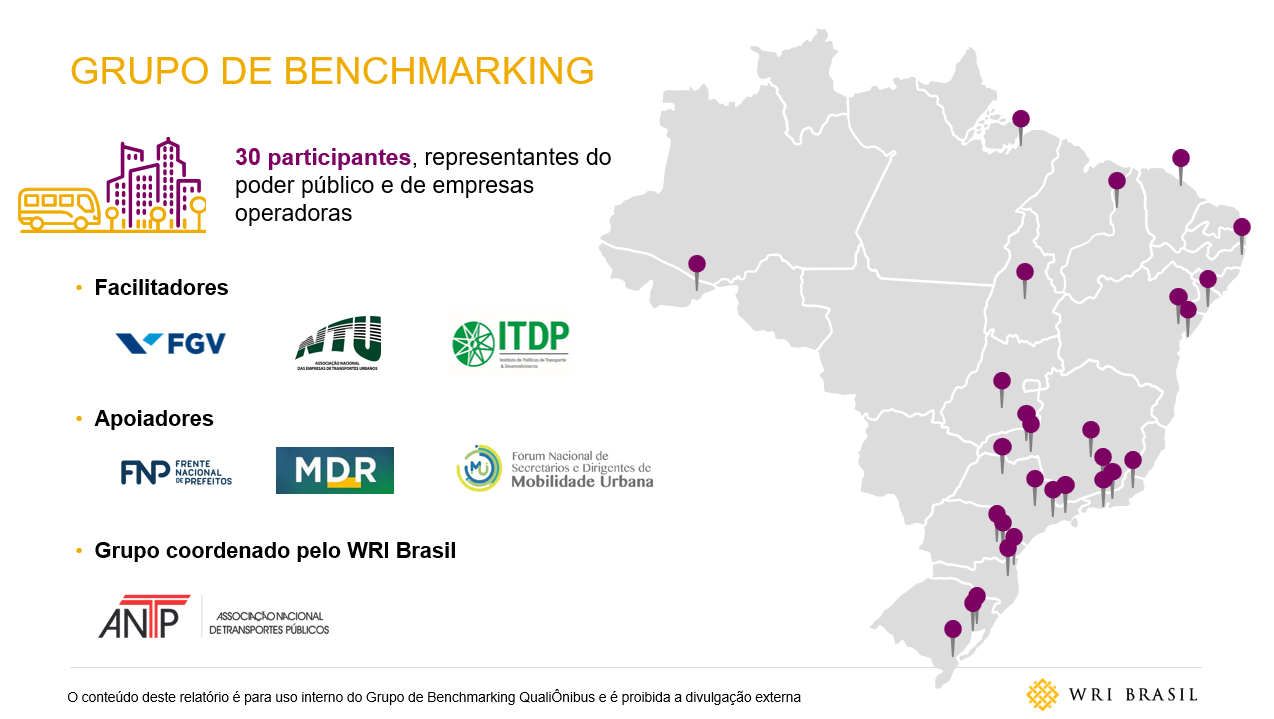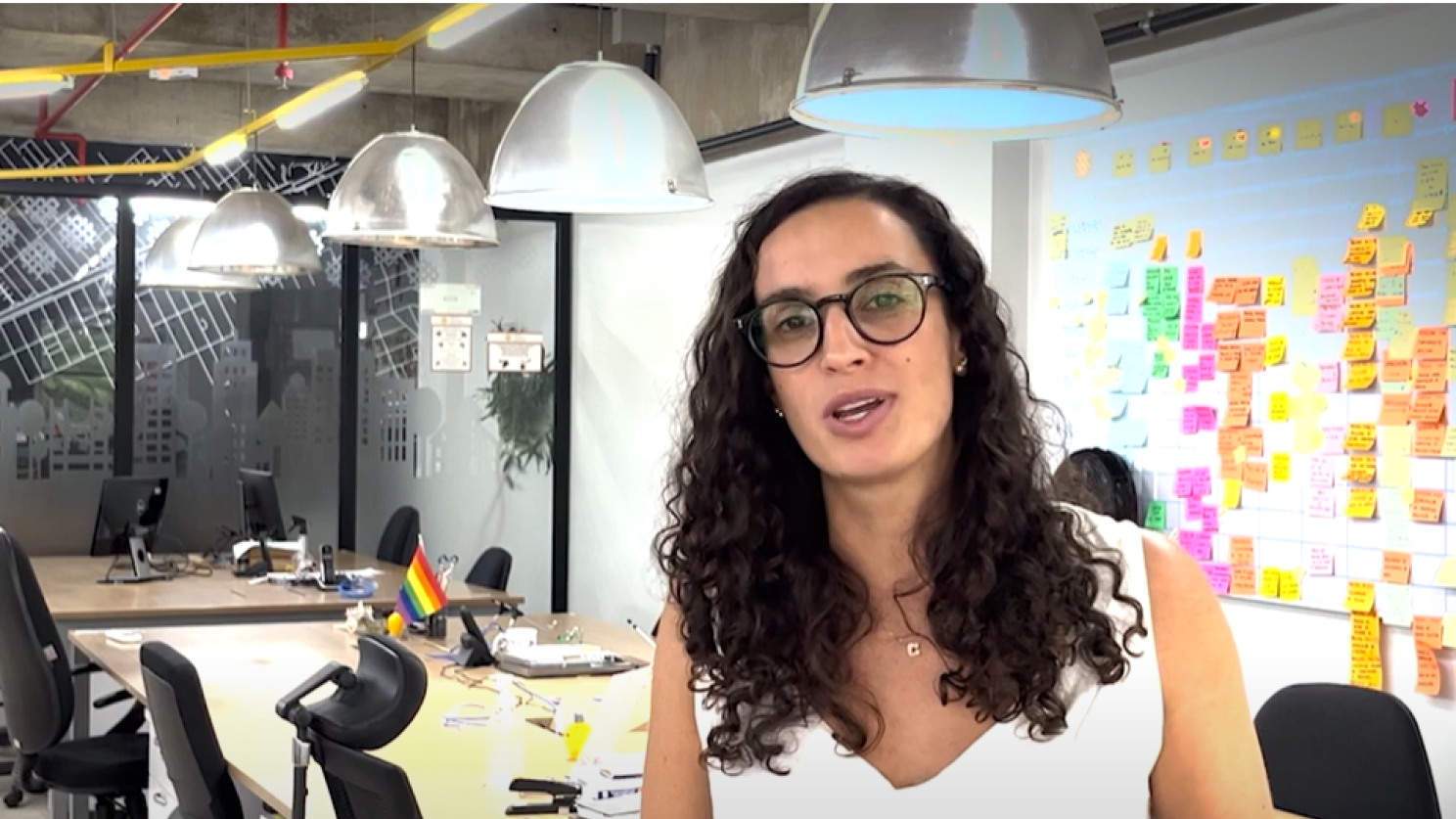Sharing Roads and Resources – How FedEx is improving transit in Brasil
In 2007, Brasil was announced as the host country for the 2014 World Cup. At the time, the nation was growing toward 200 million residents and had doubled its GDP since 2000. Two years later, Brasil was then awarded the 2016 Olympics, the first South American nation to host the games. With its advancing economy and the future host of two global sporting events, historical urban mobility limitations became more pressing. Host cities throughout Brasil recognized the opportunity to push investments required to build the transportation infrastructure needed to provide all citizens (and visitors) with mobility access.
To meet the demand, Brasil embraced Bus Rapid Transit (BRT), a public transportation system first leveraged in Curitiba, Brasil, one of the most sustainability-minded cities in the country. Today, BRT systems deliver fast, comfortable, and cost-effective services for cities, often in 1/3 of the time to implement them and less than half the budget of rail-based solutions.
For Rio de Janeiro, host city for the Olympics, the rapid expansion of BRT enabled the city to provide transportation needed for the games while providing valuable, long-term infrastructure for residents. Throughout Brasil, the World Cup also fostered similar impacts to a greater or lesser extent.
This wasn’t a simple task. Since public transit is often fare-funded within Brasilian communities, each bus system operated differently, from the types of buses purchased, to rider communications, to the use of technology to improve reliability, service, and convenience. Feedback from riders and government entities was highly anecdotal and didn’t often provide actions agencies could take to improve service.
FedEx, too, faced a similar issue of many Brasilian transit agencies – how do we raise the quality of our service across all our systems and create a common language and toolkit to make improvements. Out of this need was born Quality Driven Management (QDM), the FedEx process for improving quality across the entire enterprise. I believe the quote from our Chairman Fred Smith said it best:
“QDM will give us common ways to improve quality across our entire enterprise. For the first time, we will all use the same language, tools, and metrics to analyze the causes of problems and plan corrective actions. QDM is the way FedEx will manage our business to drive quality and brand loyalty to new heights.” – FedEx Founder & Chairman, Fred Smith
In 2012, two years before the World Cup, WRI and FedEx created the “Fellows” program. The goal was to identify emerging professionals within WRI’s transportation group who could benefit from FedEx’s expertise in customer service, operational efficiencies, marketing, driver safety, maintenance, purchasing of more efficient vehicles, and more. Six WRI fellows were identified and traveled to Memphis HQ to participate in a week of trainings with executives from the company.
One of the Fellows that year was Cristina Albuquerque, now the Manager of Urban Mobility for WRI Ross Center for Sustainable Cities in Brasil. Cristina understood the QDM principles and processes could be applied to a challenge bus transit systems were facing, improving the quality of service in a methodology that will work across all agencies throughout the country. Each agency used different metrics, methodologies, and processes for making system improvements, hindering their ability to learn from other cities and to have a common language across the country.

QualiOnibus was started the same year (2012) with seven Brasilian cities first participating. Their goal was to create a QDM-like framework for bus transit agencies throughout Brasil. Within a year, WRI had developed a toolkit to drive consistent service improvement processes. Today, the organization has helped raise the quality of the customer experience, identified operational and safety improvements, highlighted best practices in different cities, and provide an on-going platform for learning, knowledge sharing, and professional development.
Today, QualiOnibus includes 30 Brasilian bus-transit agencies with a waiting list! The various agencies have different systems, routes, and service demands, but they now consistently work toward improving bus transit along quality factors, such as:
- Reliability – Did I board by bus and arrive at my destination on schedule?
- Access – Can I easily access transit and circulate through stations?
- Travel Times – Am I saving time riding public transit versus a car?
- Comfort – Do bus stops include waiting areas? Are buses scheduled to prevent overcrowding?
- Safety – Are bus stops well illuminated? Do riders feel safe on the transit system?
- Information – Are there good maps, communications, and wayfinding to navigate the system?
The work of QualiOnibus not only improves transit for Brasilians, but it also reflects how companies like FedEx can work alongside groups like WRI to influence investment and positive impacts to the social, financial, and environmental factors in growing global cities.
“The collaboration with FedEx over the past ten years has continued to deliver value for WRI and the bus transit agencies we support,” shares Cristina Albuquerque of WRI. “We greatly appreciate the company’s willingness to share their resources and best practices to improve transportation in our most congested cities.” In the end, less people in cars results in less cars on the road, reducing the amount of time commuters (and delivery drivers) must waste in traffic.
When companies, NGOs, and communities can come together to create impacts, we are reaching the goal of creating shared value, both for shareowners at FedEx and stakeholders in the communities where we deliver and employ team members. We are thankful for the collaboration with WRI and look forward to what we will accomplish together in the next decade.



